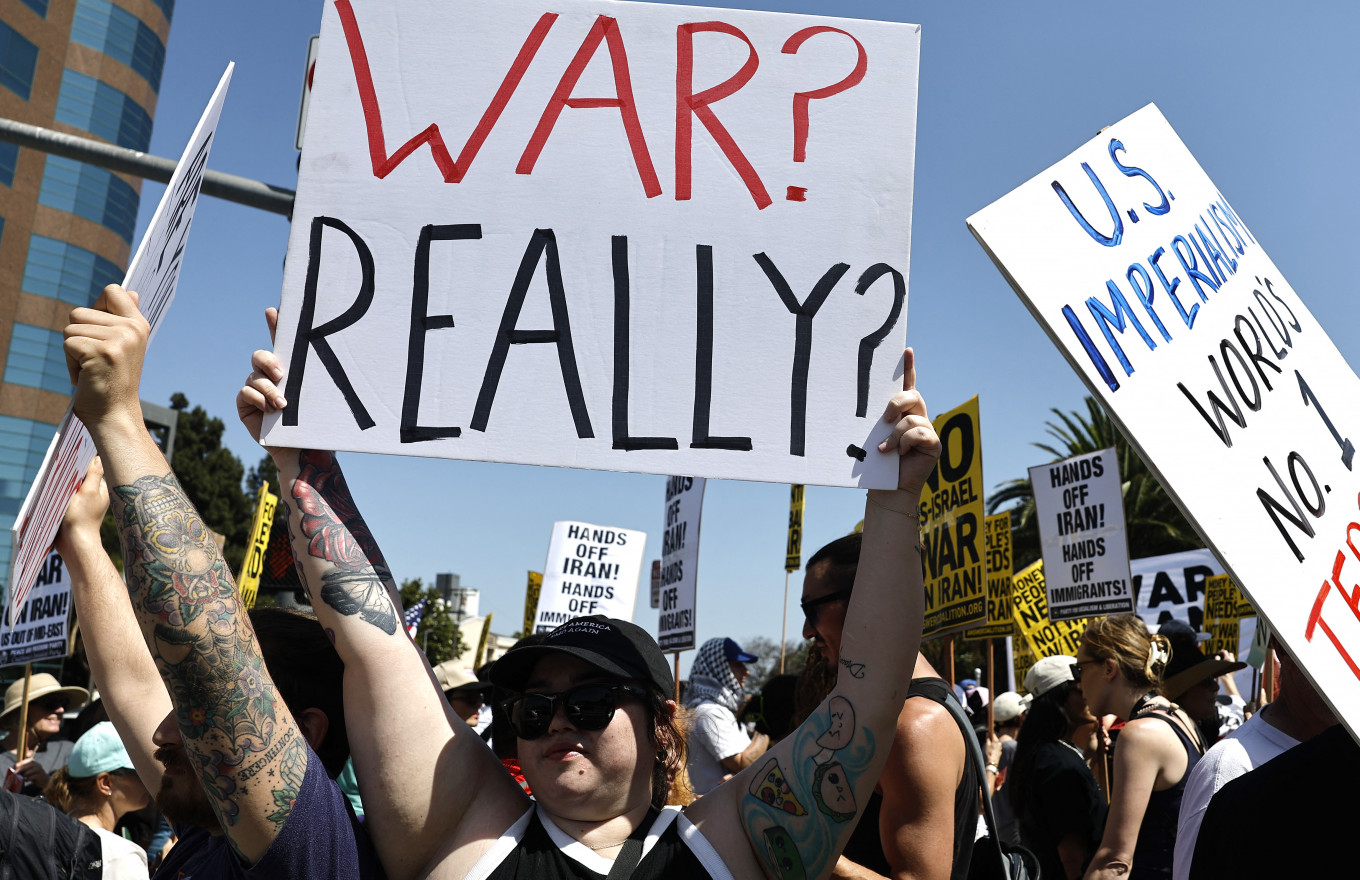he Fordow nuclear facility, nestled in Iran’s rugged mountains, has become a critical flashpoint in the escalating nuclear standoff involving the United States, Israel and Iran. The unravelling of the 2015 Joint Comprehensive Plan of Action (JCPOA) has accelerated Iran’s uranium enrichment at Fordow, raising fears of a nuclear breakout that could arm Tehran within months.
This alarming prospect directly led to Operation Midnight Hammer, a US military intervention on June 21-22, deploying B-2 stealth bombers and support aircraft to target Iranian nuclear installations at Fordow, Natanz and Isfahan.
Iran’s potential acquisition of nuclear capabilities ominously risks Saudi Arabia embarking on its own program, dramatically increasing the risk of a destabilizing arms race across the volatile Middle East. This crisis starkly illuminates the precarious nature of nuclear stability in an increasingly complex multipolar global landscape.
In the discourse on nuclear stability, Kenneth Waltz provocatively argued in his 2012 article “Why Iran Should Get the Bomb” that nuclear proliferation could enhance regional and global stability by establishing mutual deterrence. He asserted, “If Iran goes nuclear, Israel and Iran will deter each other, as nuclear powers always have. There has never been a full-scale war between two nuclear-armed states.”
Waltz’s thesis rests on reciprocal strategic vulnerability, where mutually assured destruction (MAD) deters any first use of nuclear weapons. He suggested a nuclear-armed Iran could counter Israel’s undeclared arsenal, introducing a precarious stability to the turbulent Middle East.
However, this framework assumes rational behavior, which is challenged by Iran’s support for non-state actors like Hezbollah, and the inherent dangers of miscalculation and unintended escalation, as seen in Iran’s retaliatory missile strikes on US bases in Qatar following Operation Midnight Hammer.
Saudi Arabia’s nuclear ambitions further complicate this dynamic, potentially undermining deterrence based on mutual vulnerability. The effectiveness of reciprocal vulnerability is strained by the proliferation of non-state threats, sophisticated cyberattacks and deeply entrenched regional rivalries.

